The Future of Electric Vehicles: Beyond Tesla
Electric vehicles (EVs) have moved from being niche products to becoming the future of the automotive industry. While Tesla has been a dominant force, pushing boundaries and popularizing EVs globally, the landscape is rapidly evolving with new players, cutting-edge technologies, and an ever-growing commitment to sustainability. This article delves into the latest advancements in electric vehicles, highlighting emerging brands, breakthrough technologies, the broader global perspective, and the economic implications of this shift.
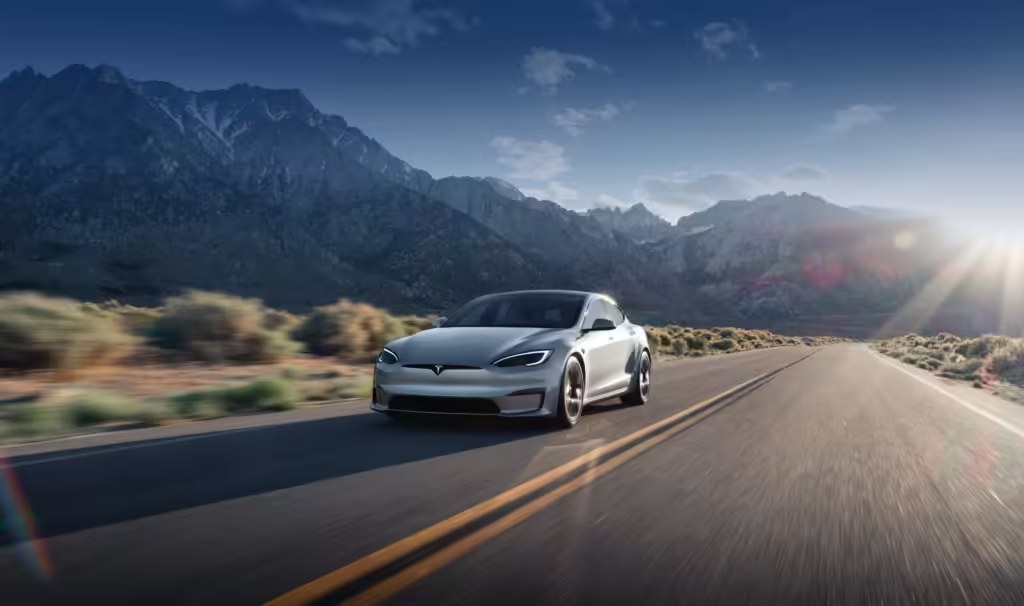
The Rise of Emerging EV Brands
While Tesla remains a household name, numerous other brands are stepping into the EV market, bringing fresh competition and innovation.
- Rivian: Known for its electric trucks and SUVs, Rivian has attracted significant attention with its R1T and R1S models. The brand is particularly appealing to adventure enthusiasts, boasting features like a “tank turn” capability that allows the vehicle to rotate on the spot. Rivian’s focus on rugged, off-road-capable EVs sets it apart in the growing electric truck segment.
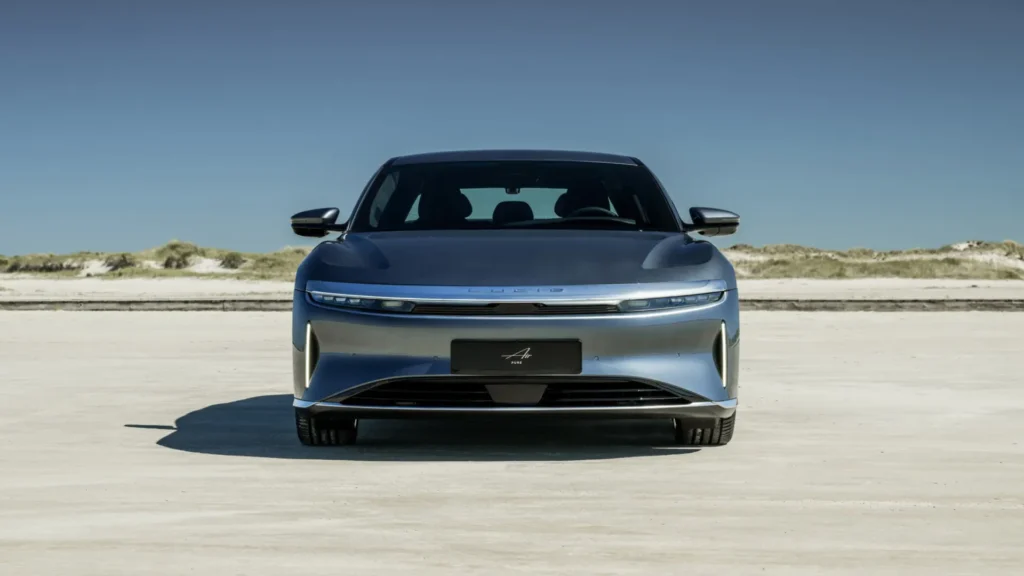
- Lucid Motors: Lucid has positioned itself as a luxury EV competitor with its Lucid Air, which offers a sleek design, ultra-fast charging, and a range that challenges even the most advanced Tesla models. The Lucid Air Dream Edition boasts a range of over 500 miles on a single charge, pushing the boundaries of battery technology.
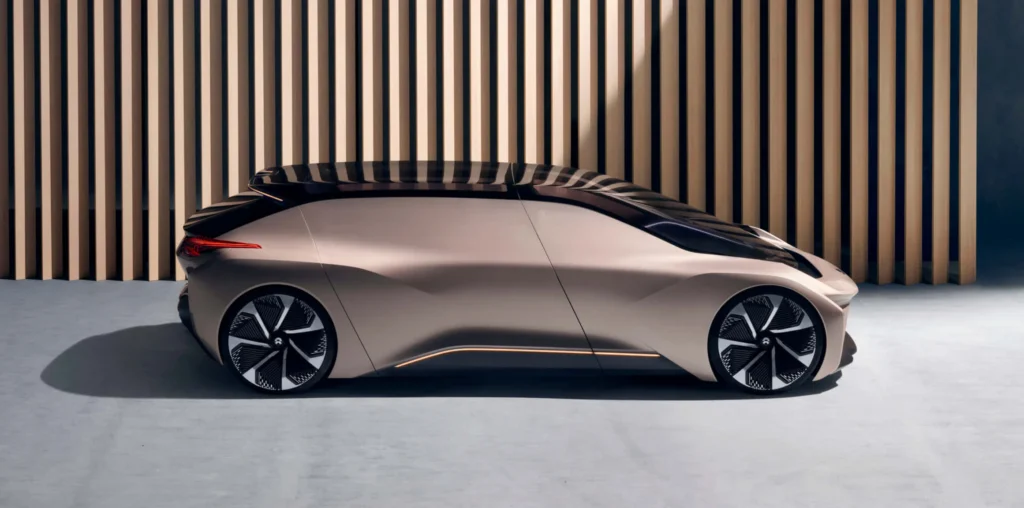
- NIO: This Chinese brand has gained prominence with its stylish sedans and SUVs. NIO stands out with its battery-swapping technology, which allows drivers to replace depleted batteries in minutes at designated stations, bypassing lengthy charging times. NIO is also pioneering autonomous driving features, making it a leader in the next generation of smart EVs.
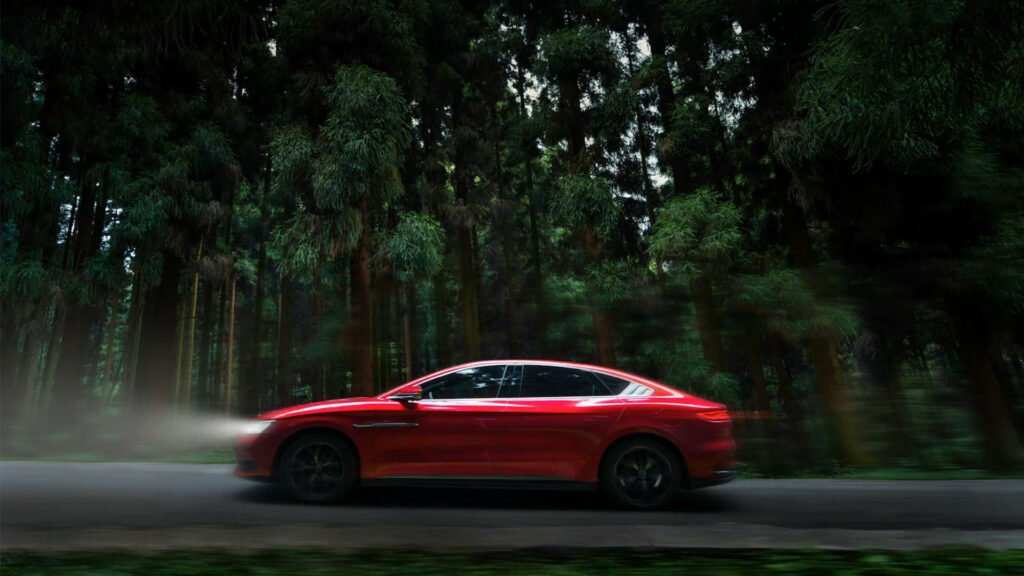
- BYD (Build Your Dreams): Another major player from China, BYD, backed by Warren Buffett, has become one of the world’s largest EV manufacturers. BYD’s success is not just limited to cars but extends to electric buses, trucks, and even battery technology, making it a multifaceted player in the EV ecosystem.
- European and Asian Players: The global EV landscape also includes notable European brands like Volkswagen, BMW, and Renault, all making significant strides in electrification. In Asia, brands like Hyundai and Kia are leading innovation with models such as the Hyundai Ioniq 5 and Kia EV6, featuring advanced battery technology and autonomous driving capabilities. Europe and Asia are not just markets but innovation hubs that influence the global EV industry.
Breakthrough Technologies Shaping the Future of EVs
The next wave of EV advancements isn’t just about more brands entering the market; it’s about the technologies that are set to redefine what EVs can do.
- Solid-State Batteries: One of the most anticipated advancements, solid-state batteries promise to revolutionize the EV industry. These batteries offer higher energy density, faster charging, and increased safety compared to traditional lithium-ion batteries. Companies like Toyota and QuantumScape are at the forefront, with Toyota planning to debut its first solid-state battery EVs by 2025. The technology could potentially double the range of current EVs and significantly reduce charging times, making EVs even more practical for everyday use and long-distance travel.
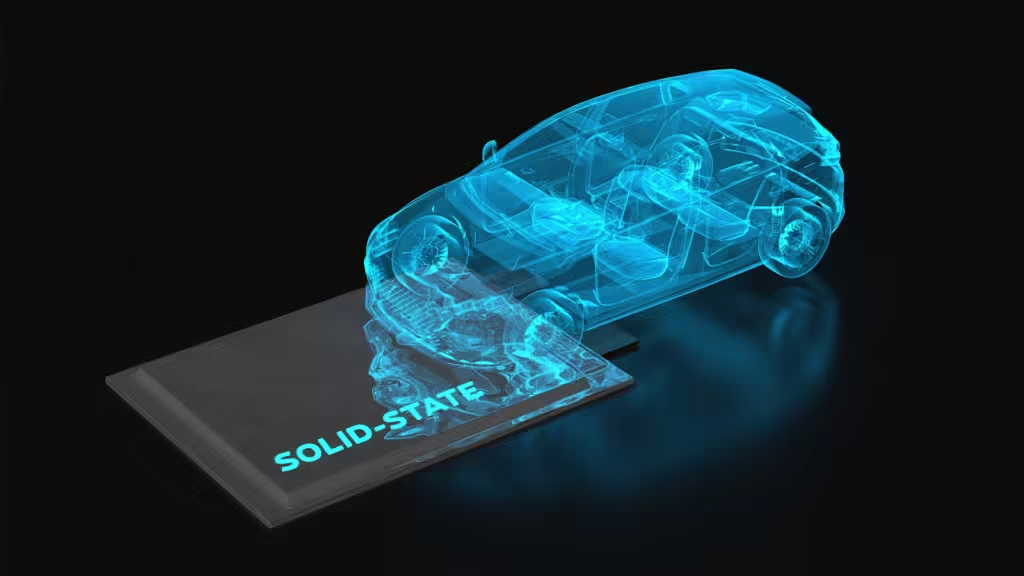
- Ultra-Fast Charging: While traditional EV chargers can take hours, the latest ultra-fast chargers can recharge a vehicle in under 30 minutes. Brands like Porsche, with its Taycan model, are already leading in this area, offering 800-volt charging systems that dramatically cut down charging times. This technology is critical in making EVs more convenient and appealing to the average consumer, effectively addressing one of the main barriers to EV adoption.
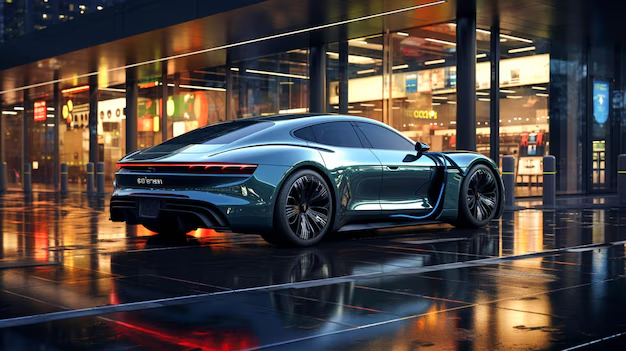
- Vehicle-to-Grid (V2G) Technology: V2G allows EVs to not only draw power from the grid but also to send excess power back, effectively turning the vehicle into a mobile power station. This is particularly useful during peak demand periods or emergencies. Nissan, with its Leaf model, has been a pioneer in integrating V2G technology, contributing to more sustainable energy management. Future applications could include home energy backup systems, where EVs power homes during outages, enhancing grid stability, and supporting renewable energy integration.
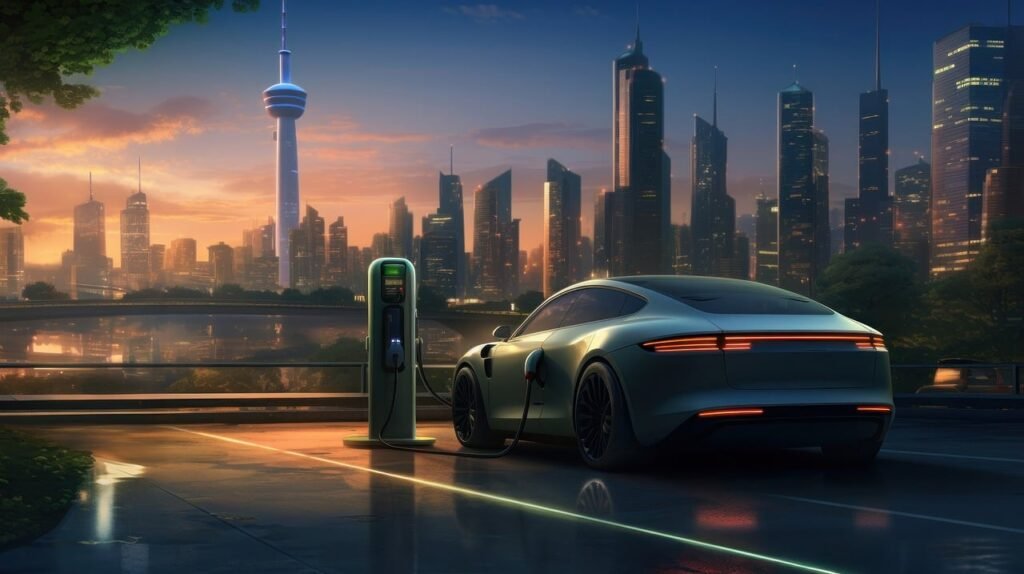
- Autonomous Driving: Many emerging EV brands are incorporating advanced autonomous driving capabilities. NIO, Xpeng, and Tesla are all pushing the boundaries of what autonomous EVs can do. With features like AI-based driver assistance, lane-keeping, and even self-parking, autonomous driving is not just a futuristic concept but an evolving reality that will reshape personal mobility. As regulations and technology improve, fully autonomous EVs could become a mainstream mode of transportation, reducing traffic accidents and transforming urban landscapes.
Economic Implications of the EV Transition
The shift towards electric vehicles is not just a technological revolution; it has far-reaching economic implications that will transform industries and labor markets globally.
- Job Creation and Skill Evolution: The transition to EVs is creating new jobs, particularly in battery manufacturing, software development, and EV maintenance. However, it also requires the workforce to adapt, with a growing demand for skills in software engineering, robotics, and high-voltage electrical systems. On the flip side, traditional automotive jobs, especially in internal combustion engine manufacturing, may decline, prompting a need for reskilling initiatives.
- Supply Chain Transformation: The rise of EVs has prompted a massive shift in automotive supply chains. Battery production has become a critical focus, with companies scrambling to secure rare materials like lithium, cobalt, and nickel. The push towards sustainable sourcing and recycling of these materials is also gaining momentum as the industry seeks to minimize environmental impact. This transformation will affect mining, logistics, and the global distribution of automotive manufacturing.
- Geopolitical Implications: The global EV transition is also reshaping geopolitical landscapes. Countries rich in battery materials, such as lithium in Bolivia and cobalt in the Democratic Republic of Congo, are becoming strategic players in the global energy market. Meanwhile, nations that have traditionally relied on oil exports may face economic challenges, prompting them to diversify and invest in green energy sectors.
The Impact on the Automotive Industry
The shift towards electric vehicles is reshaping the entire automotive ecosystem, influencing everything from manufacturing to energy consumption.
- Legacy Automakers Adapting to the EV Revolution: Traditional car manufacturers like Ford, General Motors, and Volkswagen are heavily investing in electrification. Ford’s electric Mustang Mach-E and F-150 Lightning are examples of how legacy brands are reimagining their iconic models for the electric era. Volkswagen’s ID series represents its ambitious plan to be a global EV leader, with the ID.4 SUV gaining particular traction.

- Charging Infrastructure Boom: The growing number of EVs on the road necessitates a robust charging infrastructure. Companies like ChargePoint, EVgo, and Shell Recharge are rapidly expanding networks of fast chargers, making long-distance EV travel more feasible. Governments worldwide are also investing heavily in charging infrastructure to support the anticipated surge in EV adoption.
Environmental Impact and Sustainability
One of the main drivers of the shift towards EVs is their potential to reduce greenhouse gas emissions and combat climate change.
- Reduction in Emissions: EVs produce zero tailpipe emissions, which significantly reduces air pollution, especially in urban areas. As the electricity grid becomes greener with the integration of renewable energy sources, the overall carbon footprint of EVs will continue to shrink.
- Sustainable Manufacturing Practices: Automakers are increasingly focusing on sustainable production practices. Brands like Polestar are committed to transparency, publishing the full carbon footprint of their vehicles and setting ambitious targets to become climate-neutral by 2040.
- Battery Recycling and Second Life Applications: As EV adoption grows, so does the focus on battery recycling. Companies like Redwood Materials, led by former Tesla CTO JB Straubel, are working on innovative recycling techniques to recover valuable metals from old batteries. Additionally, EV batteries are being repurposed for stationary energy storage, providing a second life that supports grid stability and renewable energy storage.
Challenges Ahead
While the future of EVs is promising, several challenges remain:
- Range Anxiety and Charging Accessibility: Despite advancements, range anxiety—fear of running out of battery—and the availability of charging stations remain concerns for potential buyers, particularly in rural areas.
- High Initial Costs: Although the total cost of ownership of EVs is often lower than that of gasoline vehicles, the upfront purchase price can still be a barrier. However, as battery costs continue to decline, EVs are expected to reach price parity with traditional cars within the next few years.
- Environmental Concerns with Mining: The extraction of materials used in batteries, such as lithium and cobalt, raises environmental and ethical concerns. Efforts are underway to develop more sustainable mining practices and to reduce reliance on these materials through technological innovation.
Conclusion
The electric vehicle market is evolving rapidly, moving beyond the shadow of Tesla and welcoming a new era of innovation, competition, and sustainability. With emerging brands, groundbreaking technologies, a global perspective, and a growing commitment to a greener future, the EV revolution is just beginning. As the industry continues to adapt, the impact on how we drive, consume energy, and protect our environment will be profound. The future of electric vehicles promises not just new cars, but a transformative shift in our entire approach to mobility.
for more information







